Elisa Rueda is the founder of The Cowork Experience, a new kind of team-building for remote teams. With the rise of remote working, she realized the increasing value and growing need for F2F team-size experiences. Her experience model is paving the way and setting a new standard for Cowork retreats.
What was your last regular job?
My last job was at a consulting firm in Austin, TX. I was able to work from home the last 1-2 years that I was there.
Where have you travelled to?
I just got back from Chiang Mai, Thailand. Before that, I spent the majority of my time in Bali. I have also gone to South Africa, Italy, London, Mexico, and Taiwan. I spend a lot of time in Southeast Asia, with some time spent in Europe and Central/South America.
What made you want to pursue a nomadic lifestyle?
I had a really invasive retinal detachment eye surgery. After I recovered from that procedure, I realized that since I work from home, I might as well join a travel program where I can travel and work for a couple months with a group. That’s when I started learning about the nomadic culture and realized that that is something I wanted to explore and get into. Three months after my initial travels, I came home and put all of my stuff into storage and quit my job.
Tell me more about the Cowork Experience.
In mid-2017 I had this idea that I wanted to go to a villa (in Bali) and create some content. From there, I thought, “what else can I do while I have access to the villa?” I thought that I could invite some friends to co-work while I created content. The more I added to it, I realized that this could be a legit experience and it is not the kind of experience that I have seen anywhere else. My experiences that I create for the Cowork Experience are dynamic. They aren’t your traditional ‘lets get wasted’ or one-dimensional event. I’m a huge advocate of both coworking and remote working. I’m passionate about coworking because of the environment, ambiance, motivation, and the fact that you’re still working at the same time. It’s a fusion of all of these things that are happening.
The first event that I put on for the Cowork Experience was really about exploring the model but then after the 2nd, 3rd event it became more validating that I was on to a really interesting experience concept. Fast forward from them to now, and I have evolved from a 1-day Cowork Pop Up to Coworking Retreats. They both offer a similar model where we have health/wellness aspects, personal development talks, and cultural exploration. I realized that remote companies are looking for more creative ways to bring their team members together. The team building side of things is becoming more competitive. I’m always thinking, “How can we take it to the next level?” My long term vision is to be able to elevate the team building experience for remote companies to the next level.
Do you have any online training courses that you recommend?
WiFly Nomads is a great course. My friend Kate Smith runs it and it’s a very thorough program where she helps you figure out what you’re trying to do and how to transition from your current full time job to a nomadic lifestyle.
I also have a lot of podcasts on heavy rotation. I would recommend Side Hustle School. Every episode is a story of how someone began with a small side hustle and eventually turned it into a full blown business and were able to quit their job. Another podcast I enjoy listening to is Masters of Scale. It’s run by the co-founder of LinkedIn and teaches high performing managers how to scale up.
What do you know now that you wish you knew when you started?
I wish I would have dove headfirst into The Cowork Experience from the start. I hesitated in trying to push it forward. It took a backseat because I was doing some side gigs and wasn’t really pushing it forward. Now that I have been pushing it, I have seen amazing results and am really looking forward to 2020 and 2021. Don’t let fear come between you and your dreams. Also, make sure your side hustle compliments the career you’re trying to develop.
Don’t let fear come between you and your dreams.
What are the hardest things you find about working remotely?
Being consistent with your routine. I find it really hard because if I were to stay in one stationary place, I wouldn’t have that many issues. But because I’m constantly moving, I have to think, “what gyms am I going to, what are my good/healthy places to eat, etc.”
I have a vision of how I want to live. I want to live in 4 different places each year so that I have a routine, a built-in community, and I know where things are.
How do you decide where you want to go next?
Right now my decisions are work driven. I go where my work is and where my clients are. Also time zones because I have to think about my clients. I have clients who hesitate in going to Bali because of the time zone, which is why I’m going to Portugal next.
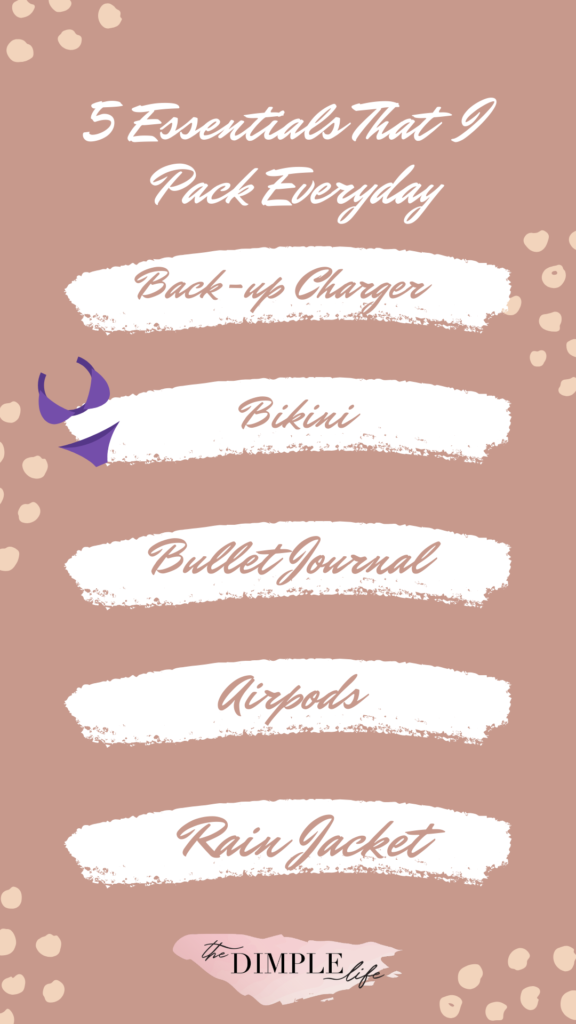
How do you envision your life in 5 years?
In 5 years I am helping multiple remote companies and remote teams in bridging connections between team members in multiple countries with various retreats throughout. We will only work 6 months out of the year. I will have a retreat host assigned in Portugal, in Bali, and in South America.
What are your estimated monthly expenses?
Housing:
In Thailand my housing was between $300-400 USD. In Bali it was about $700 USD.
Food and drinks:
In Bali I spend around $7-10 USD per meal, or about $20 a day. In Thailand, I spend $3-5 USD a meal.
Activities:
I’m a workaholic. I wake up at 430/5 am every morning. However, when I’m in Bali, I do go out occasionally. I’ll spend $10-$20 USD a month on drinks.
Transport:
I rented a scooter for $60 USD a month. I spend about $5 USD every 2 weeks on gas.
Interested in learning more? You can reach out to Elisa via her website or through Instagram.
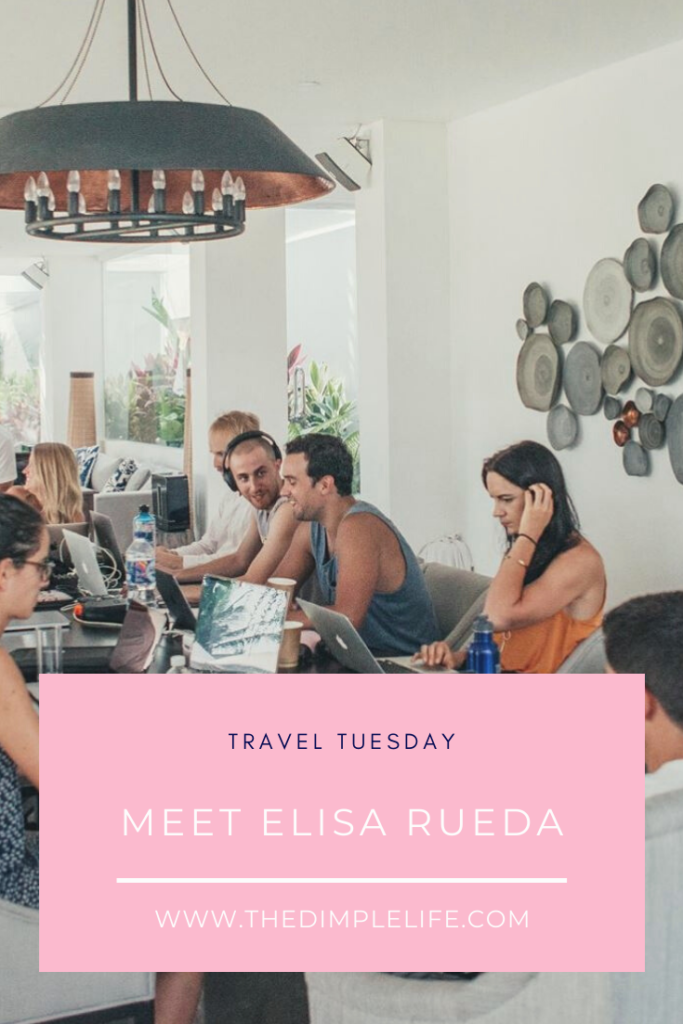

Kaitlin is a travel writer and marketing consultant. On any given day, you can find her surfing, reading, and/or on the eternal search for the cutest cafes (with tons of power sockets, of course).
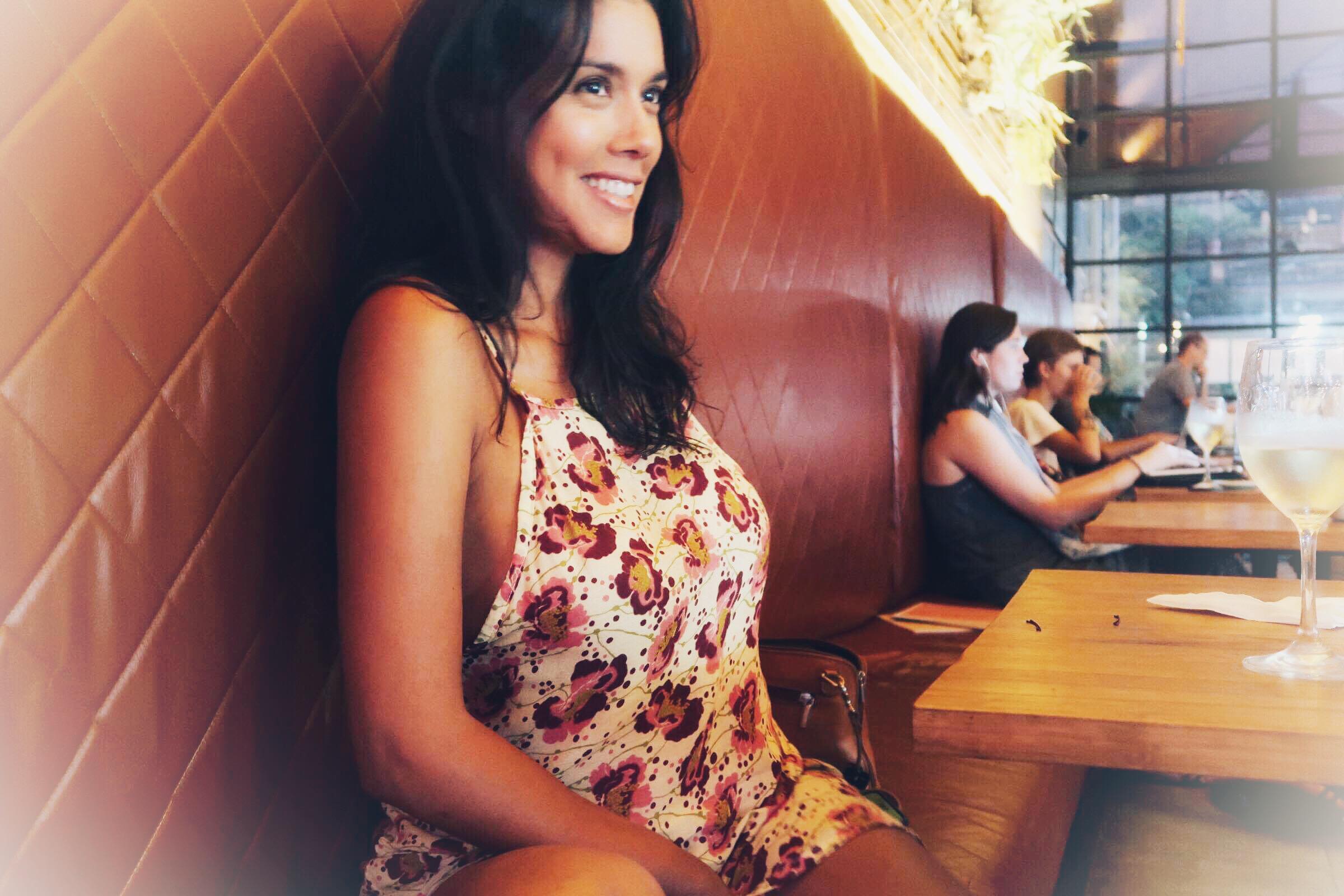
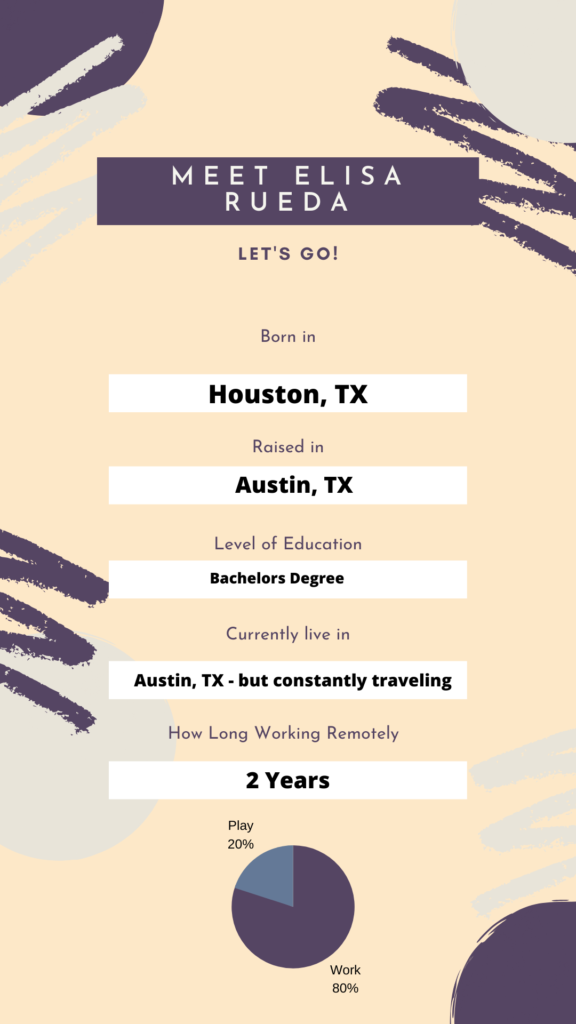
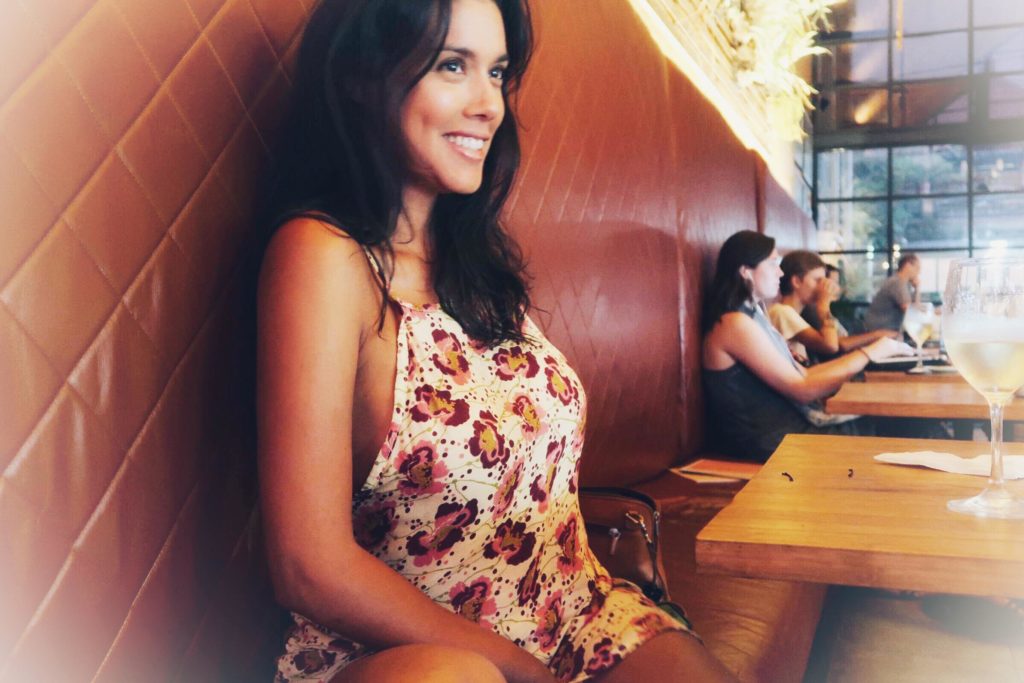
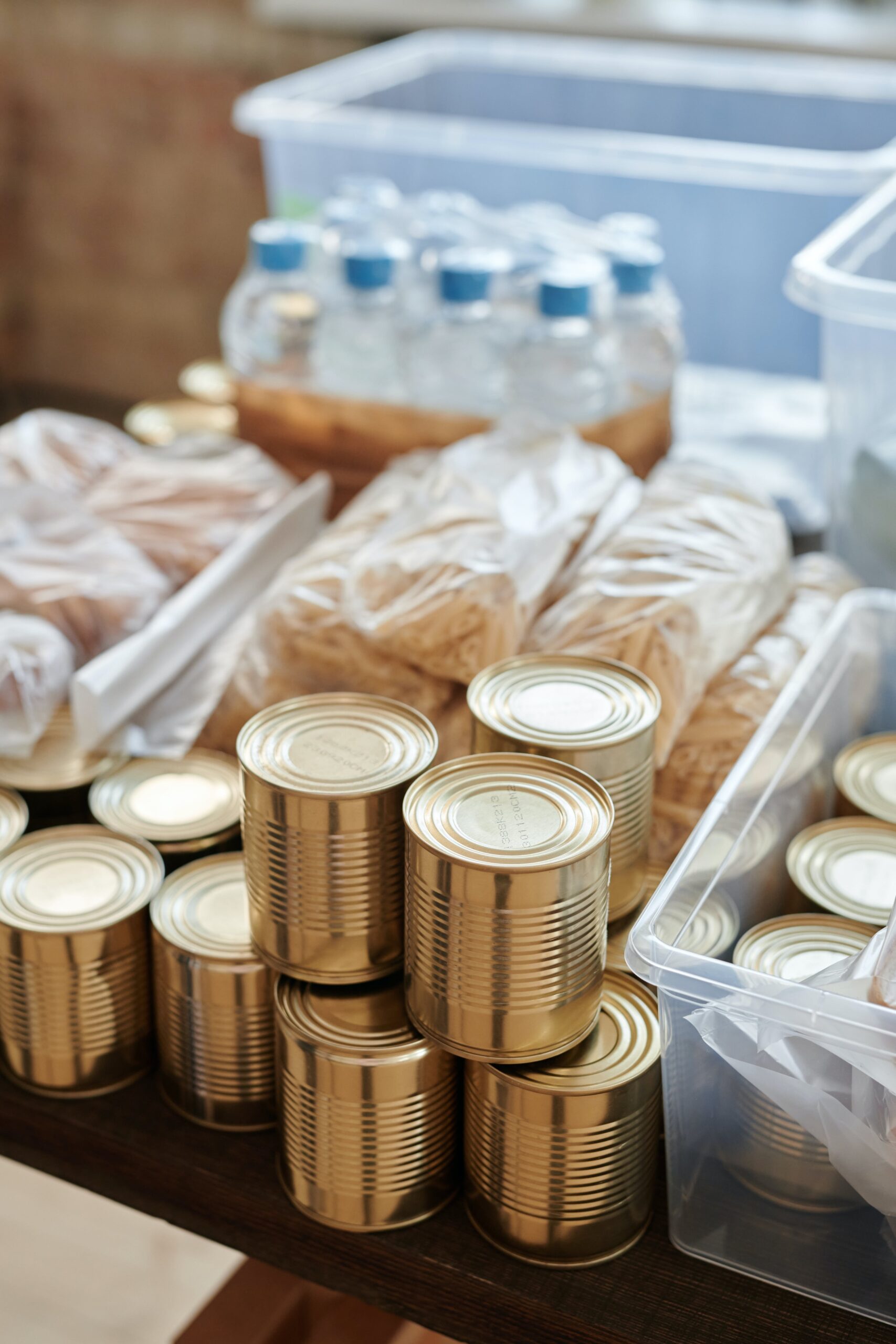

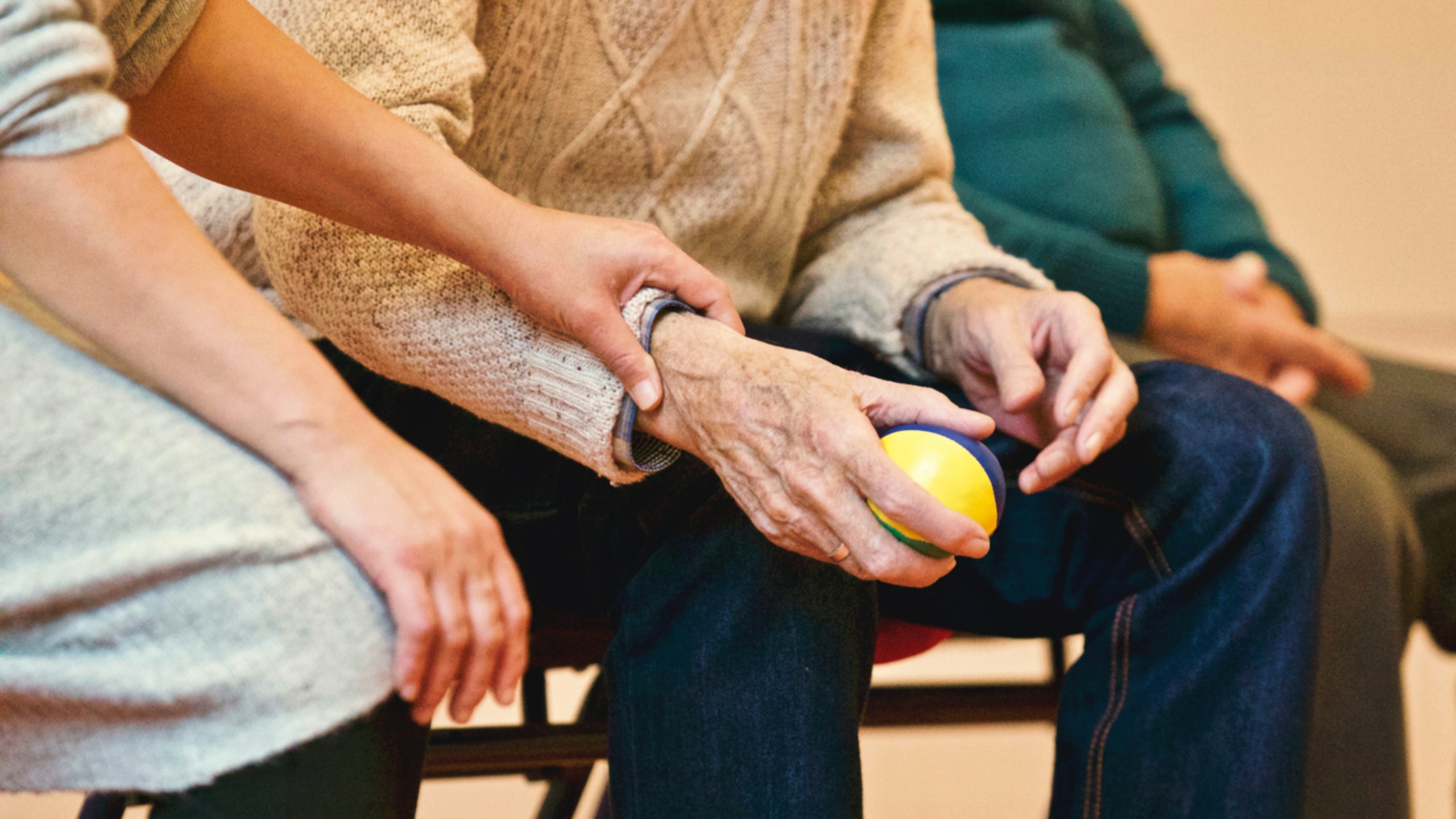
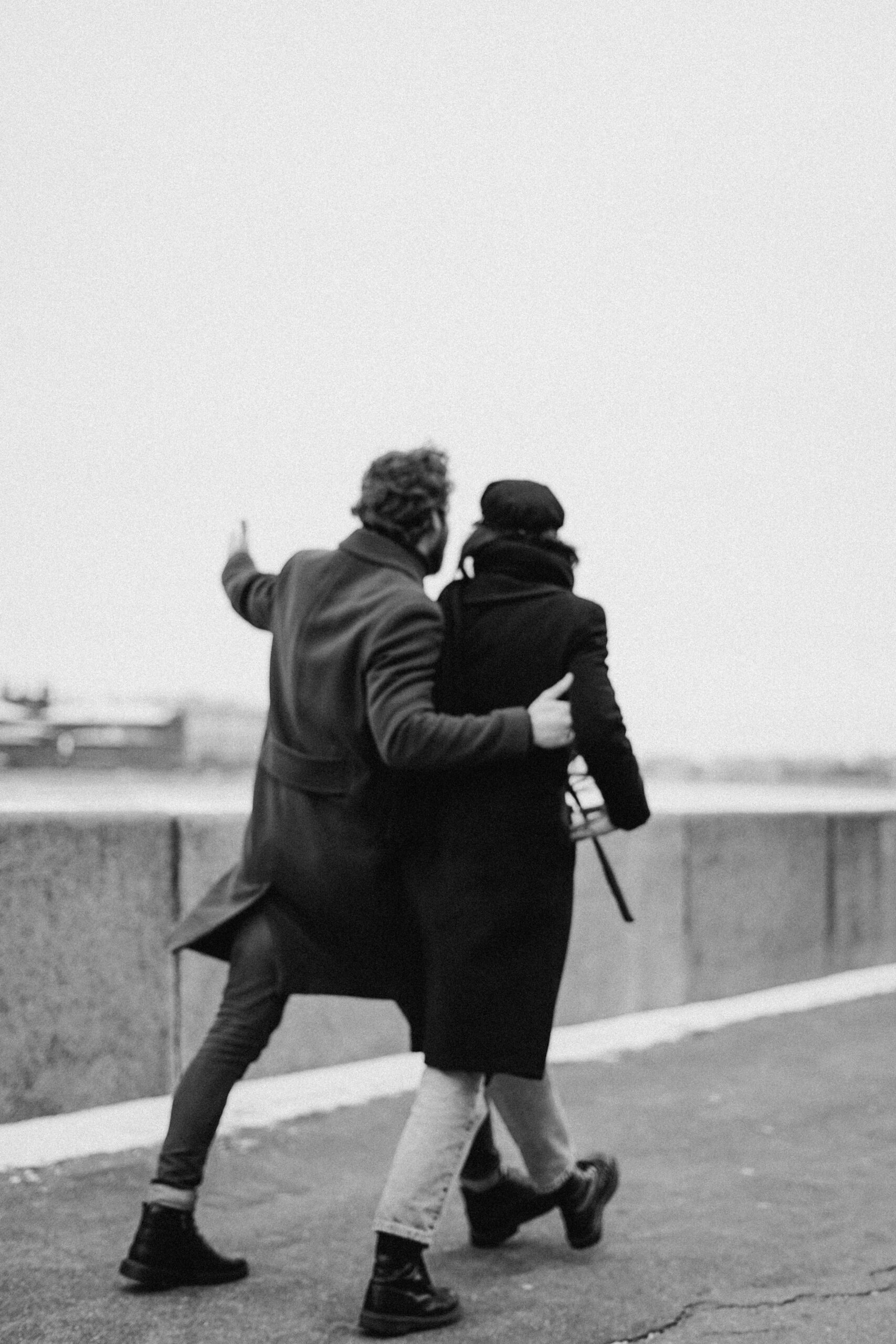
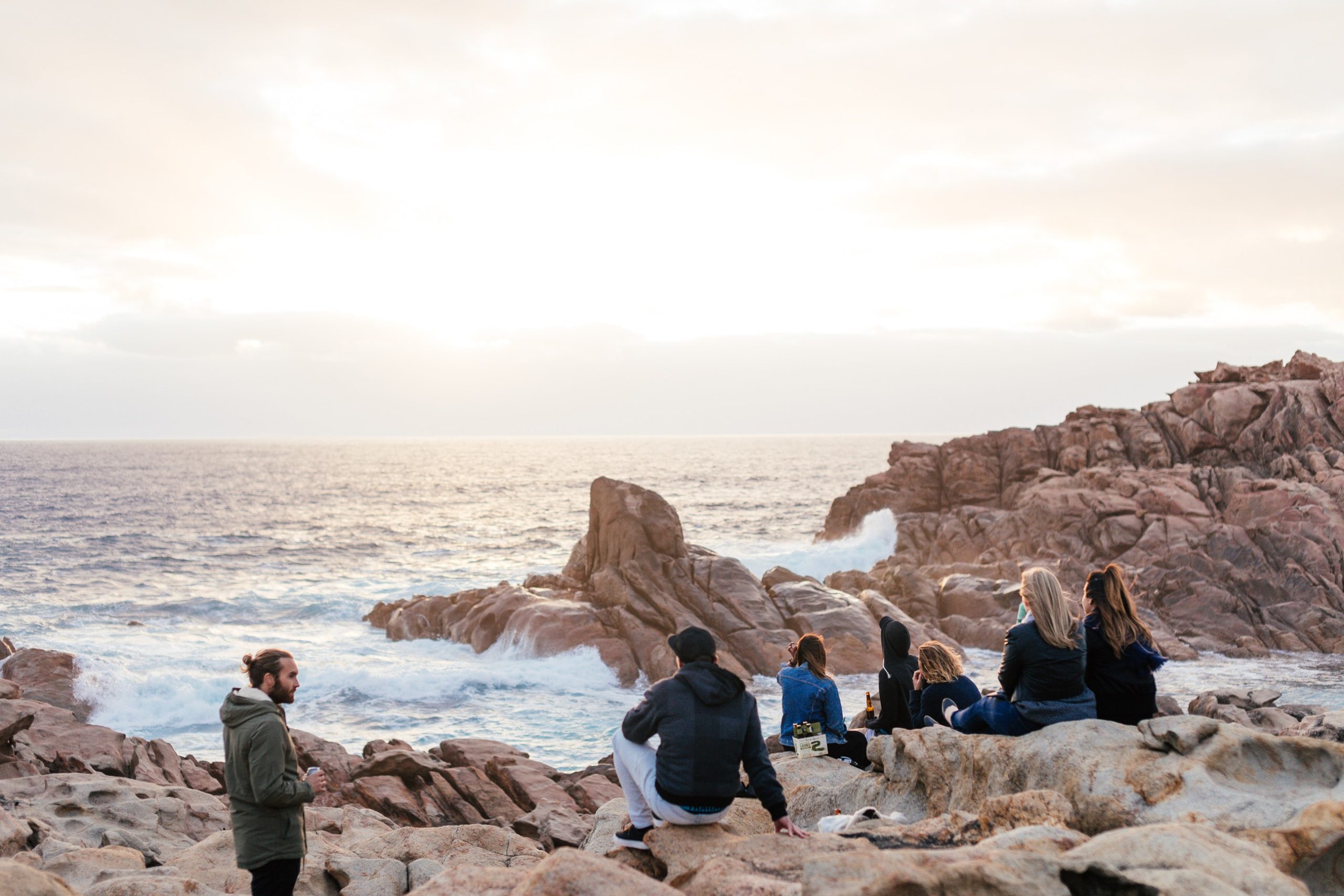
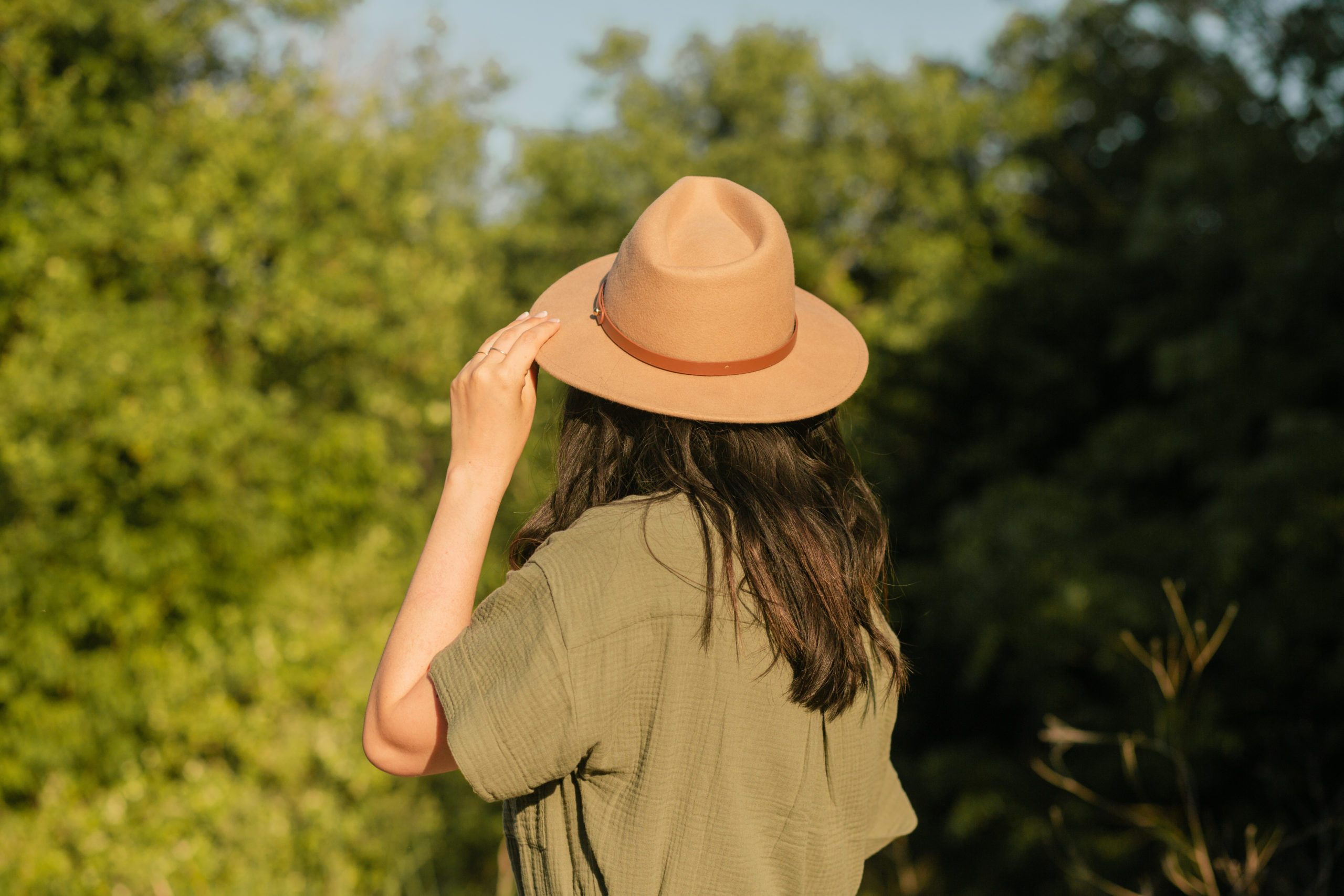

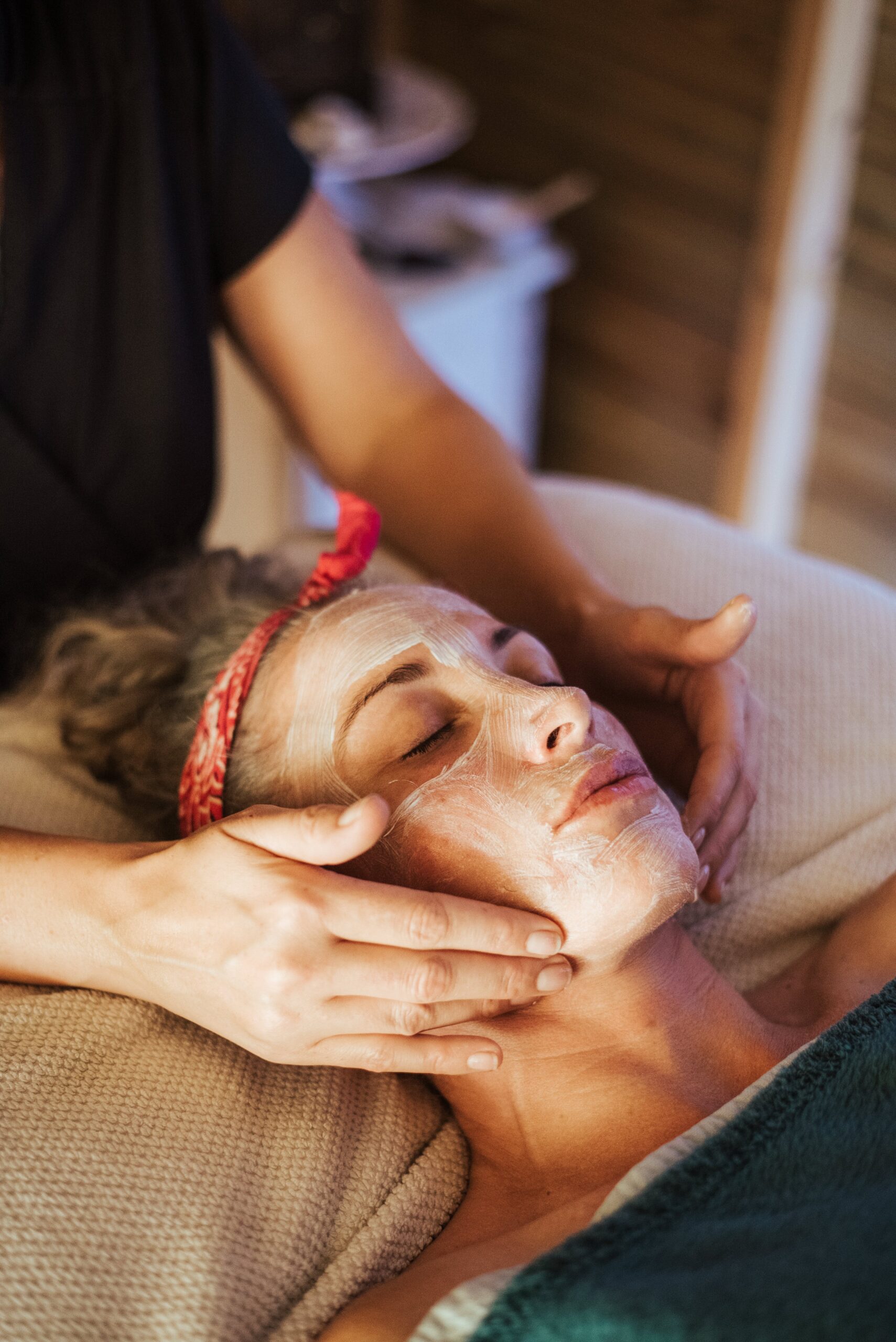
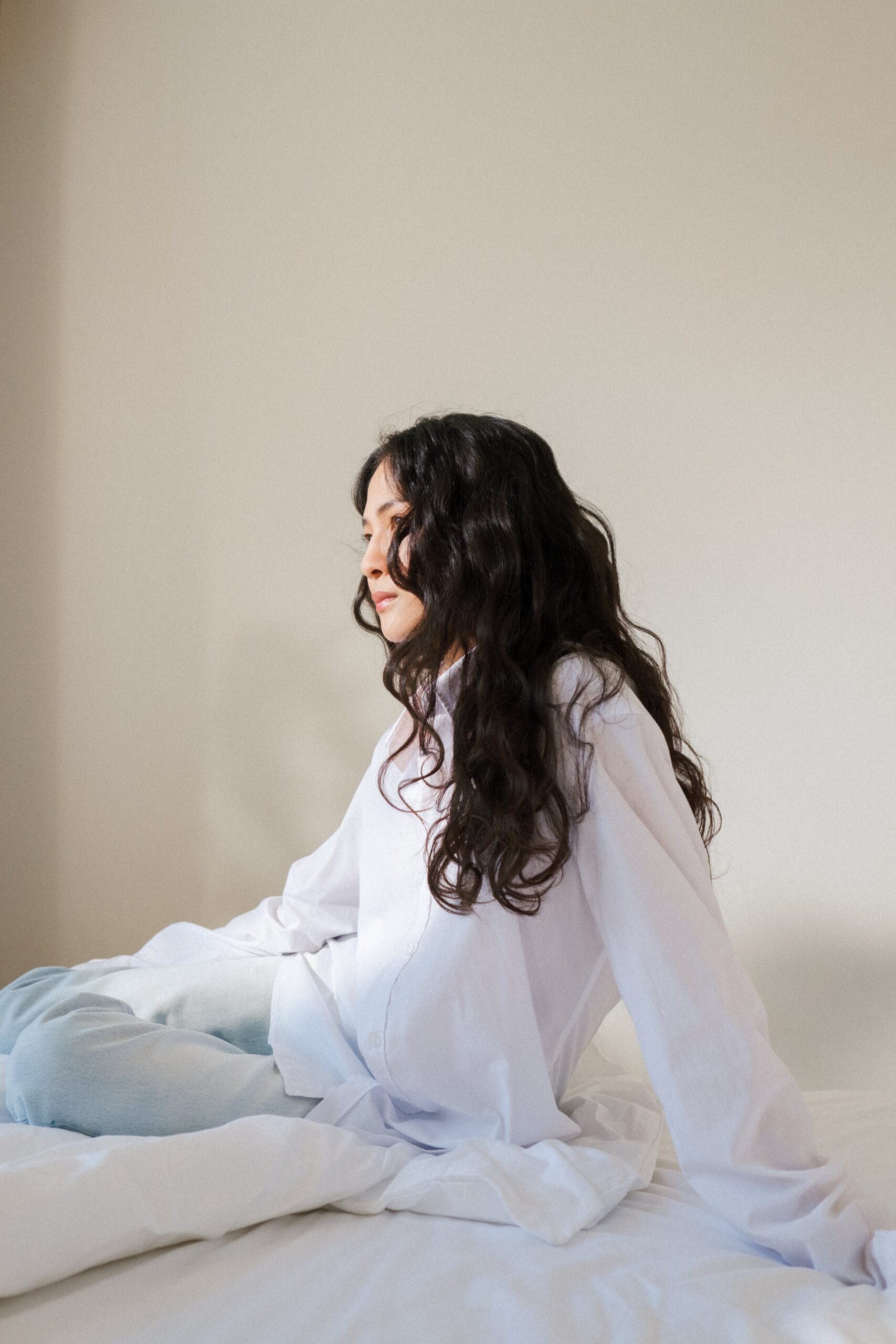
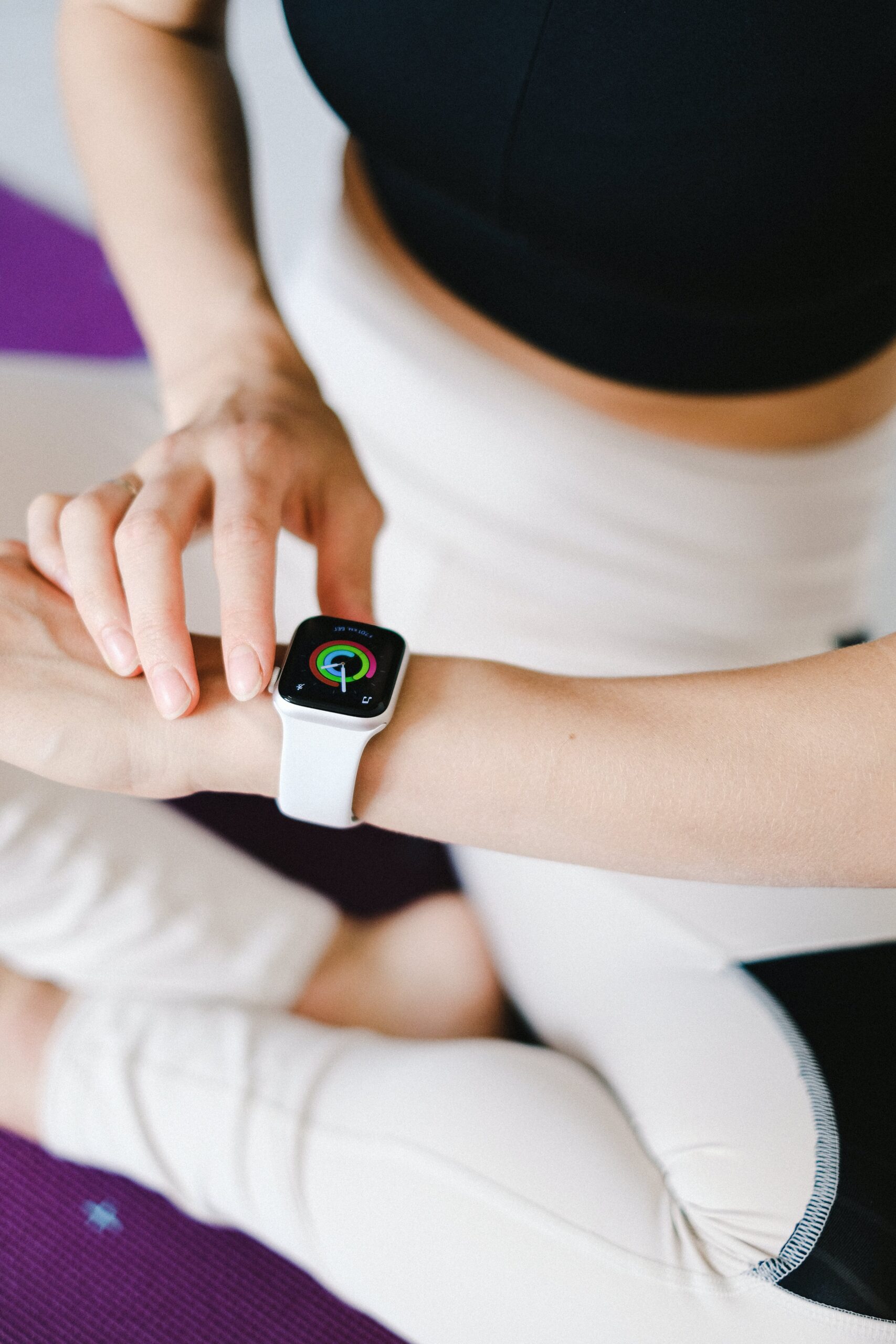

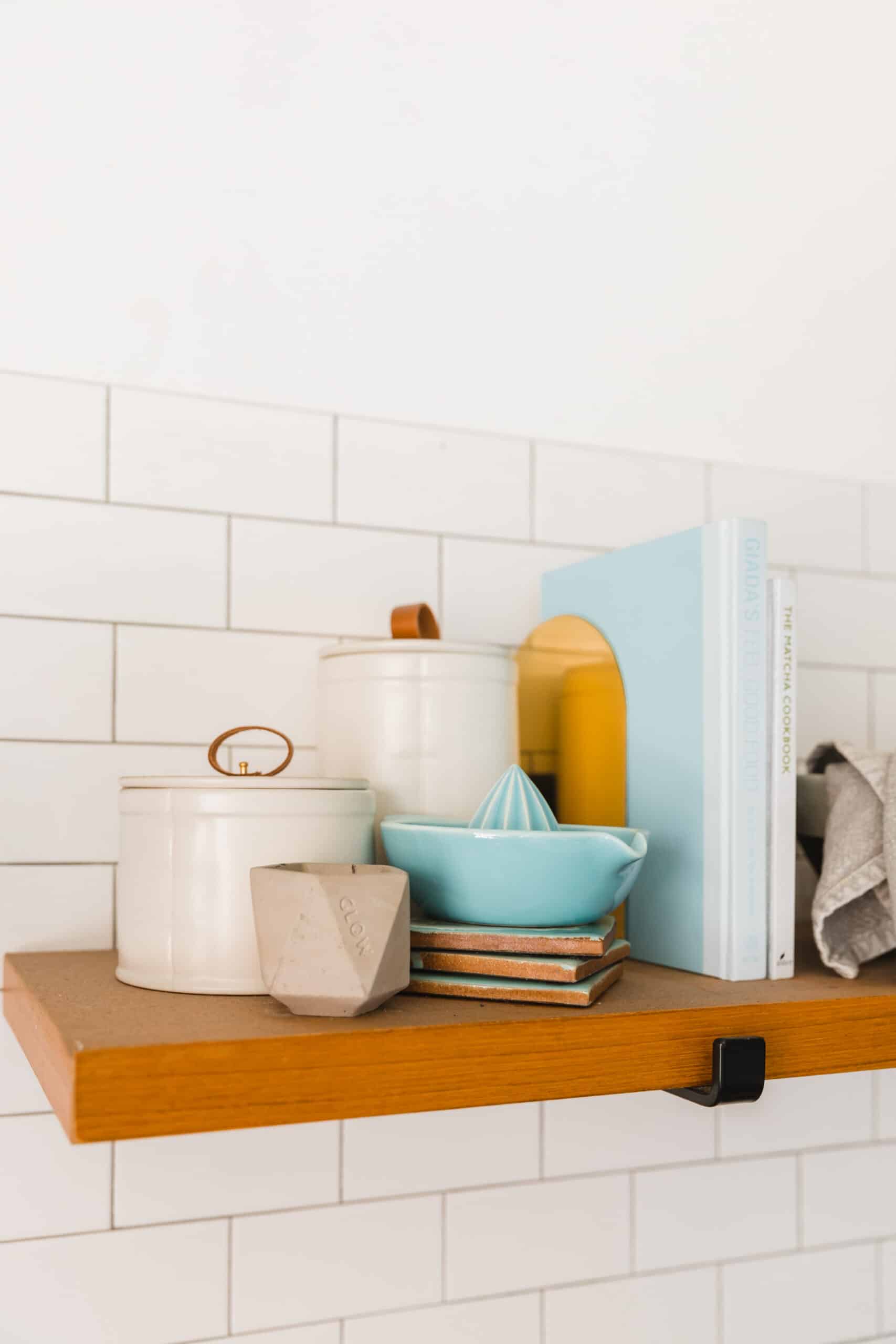
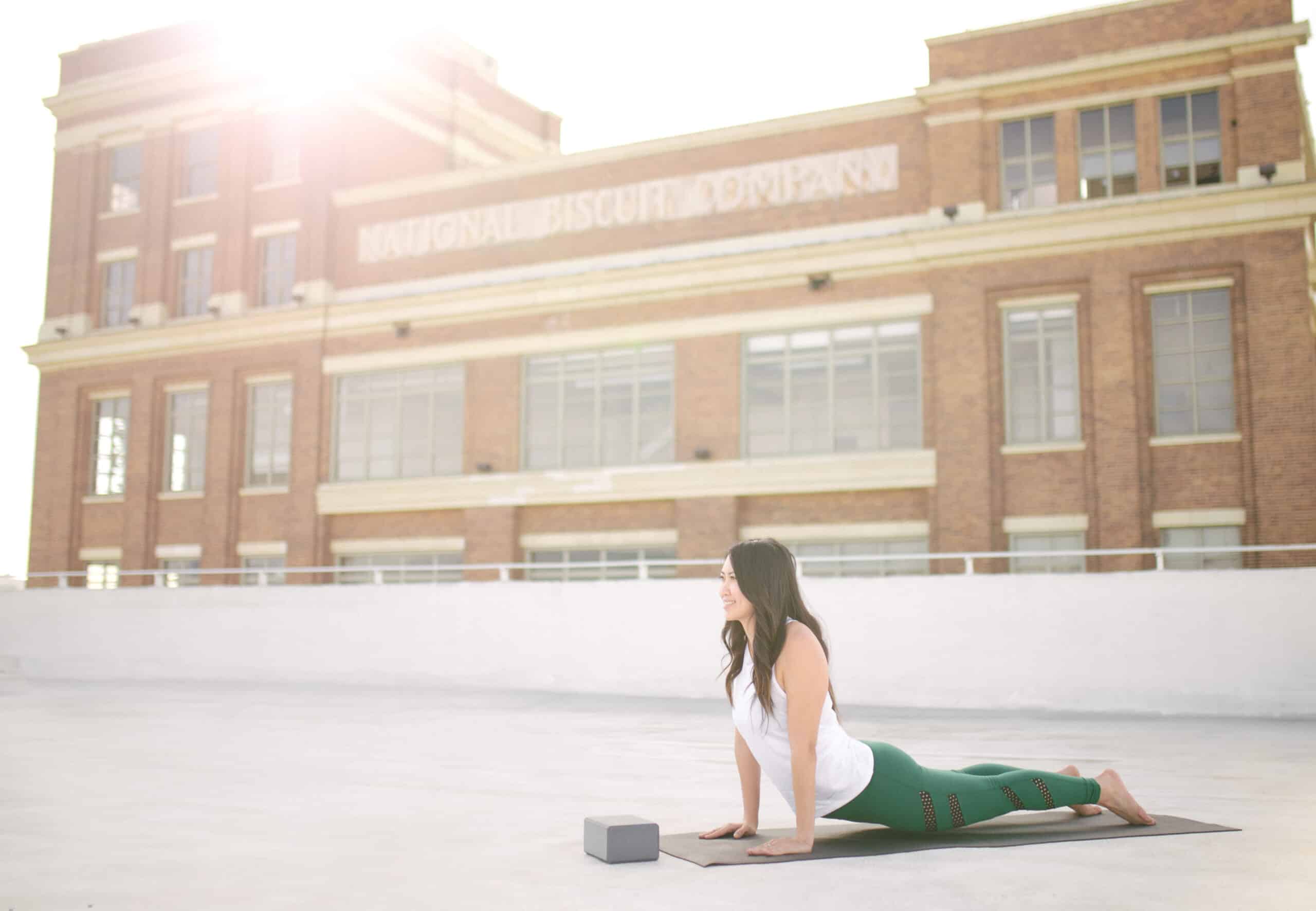
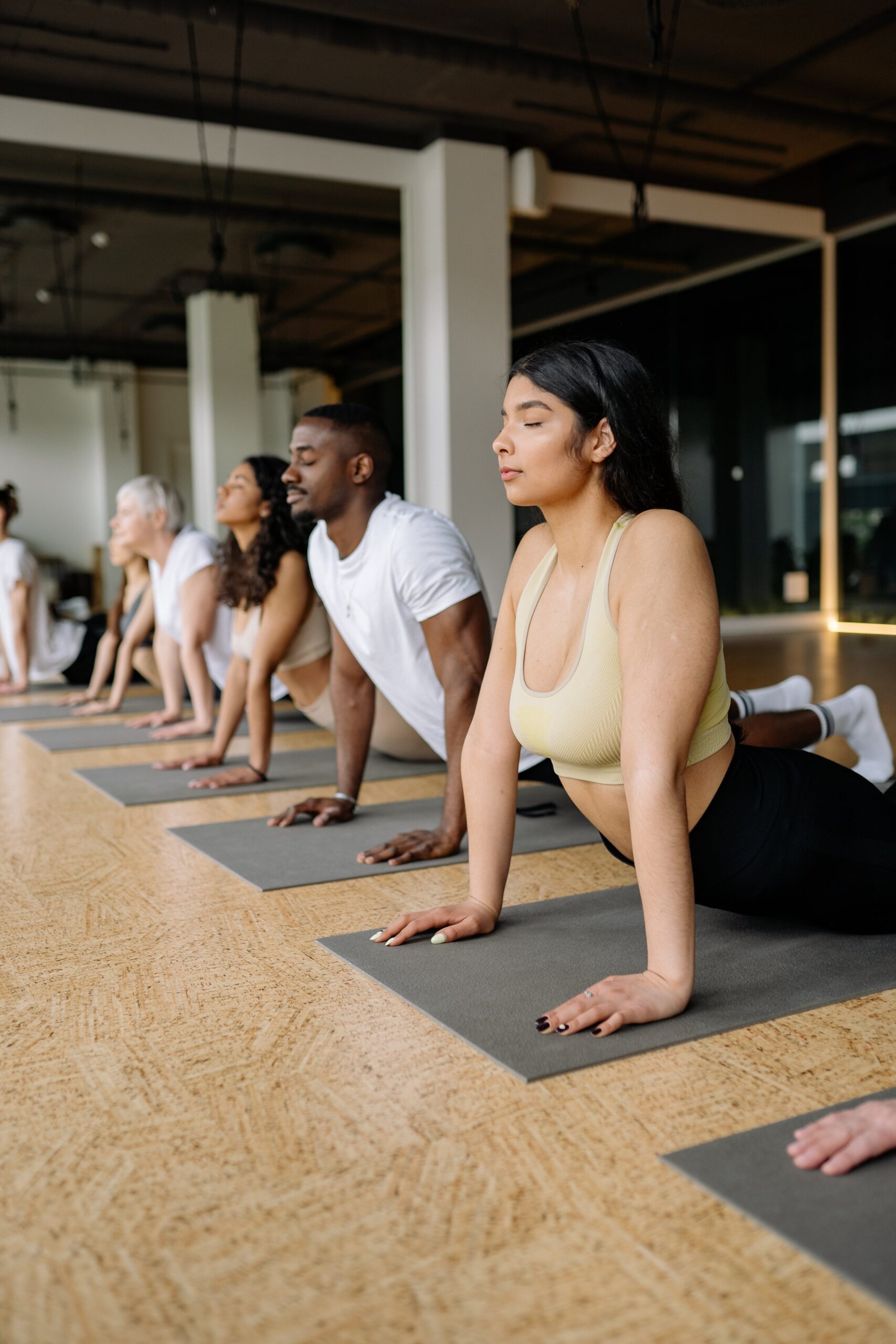
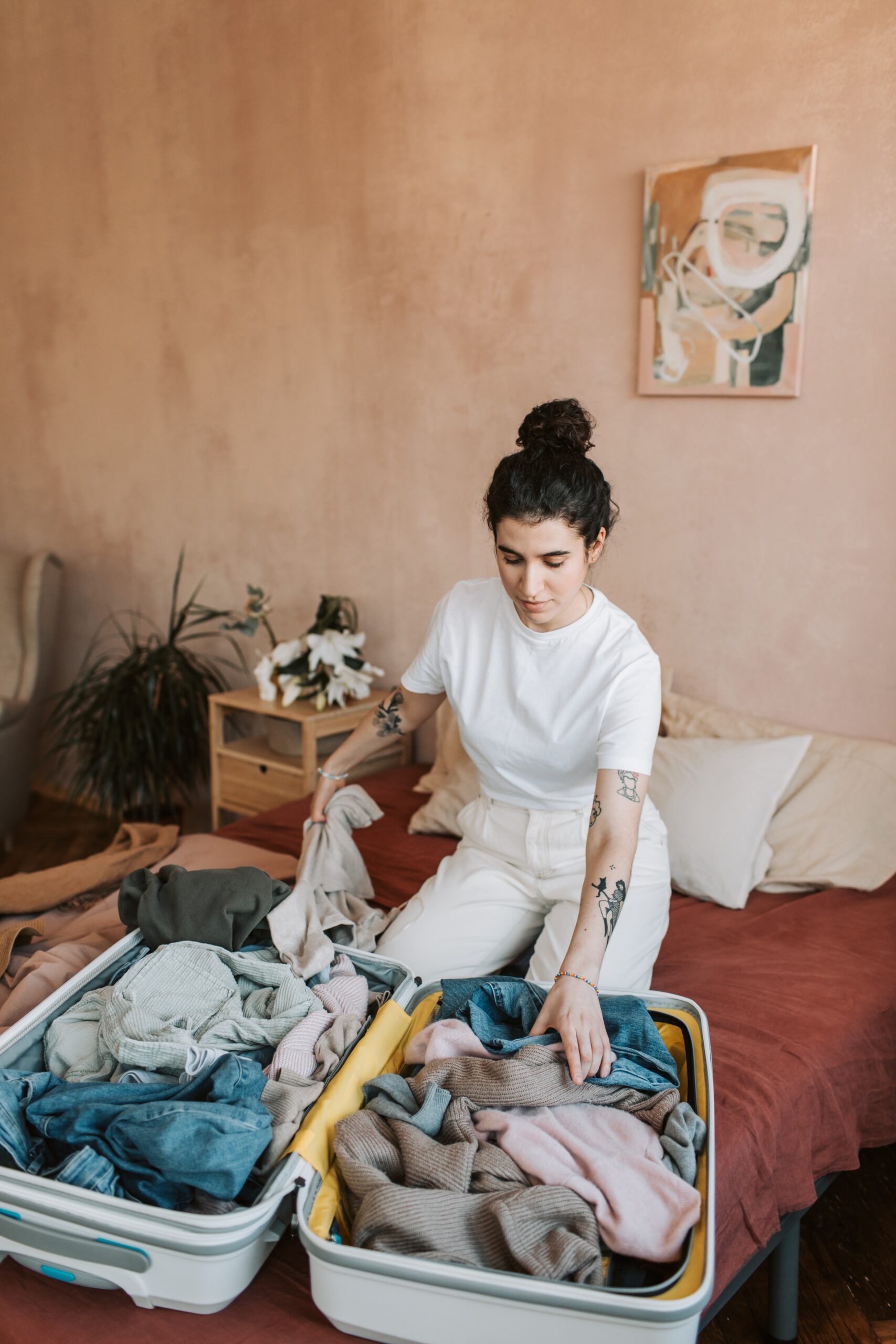
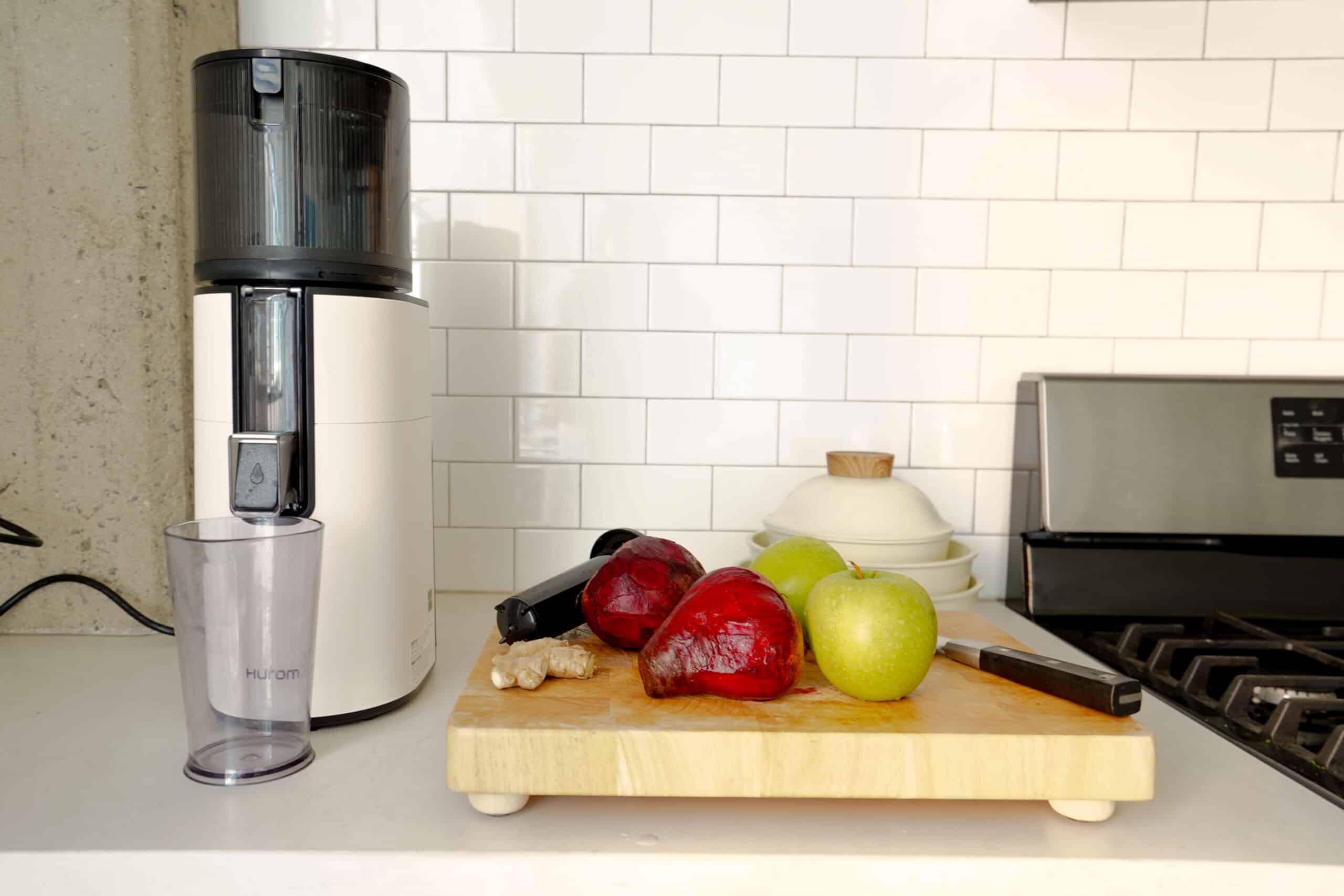
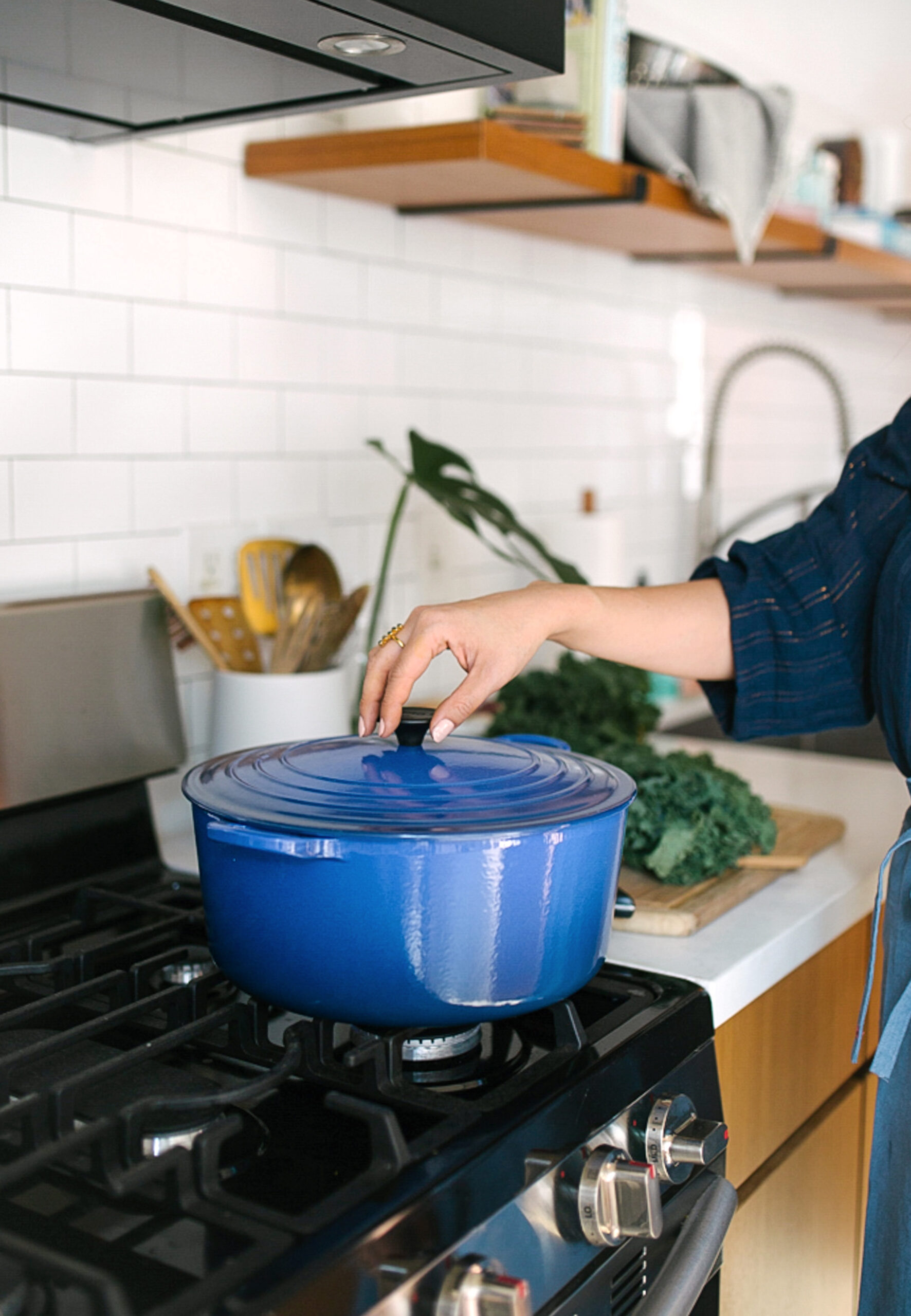
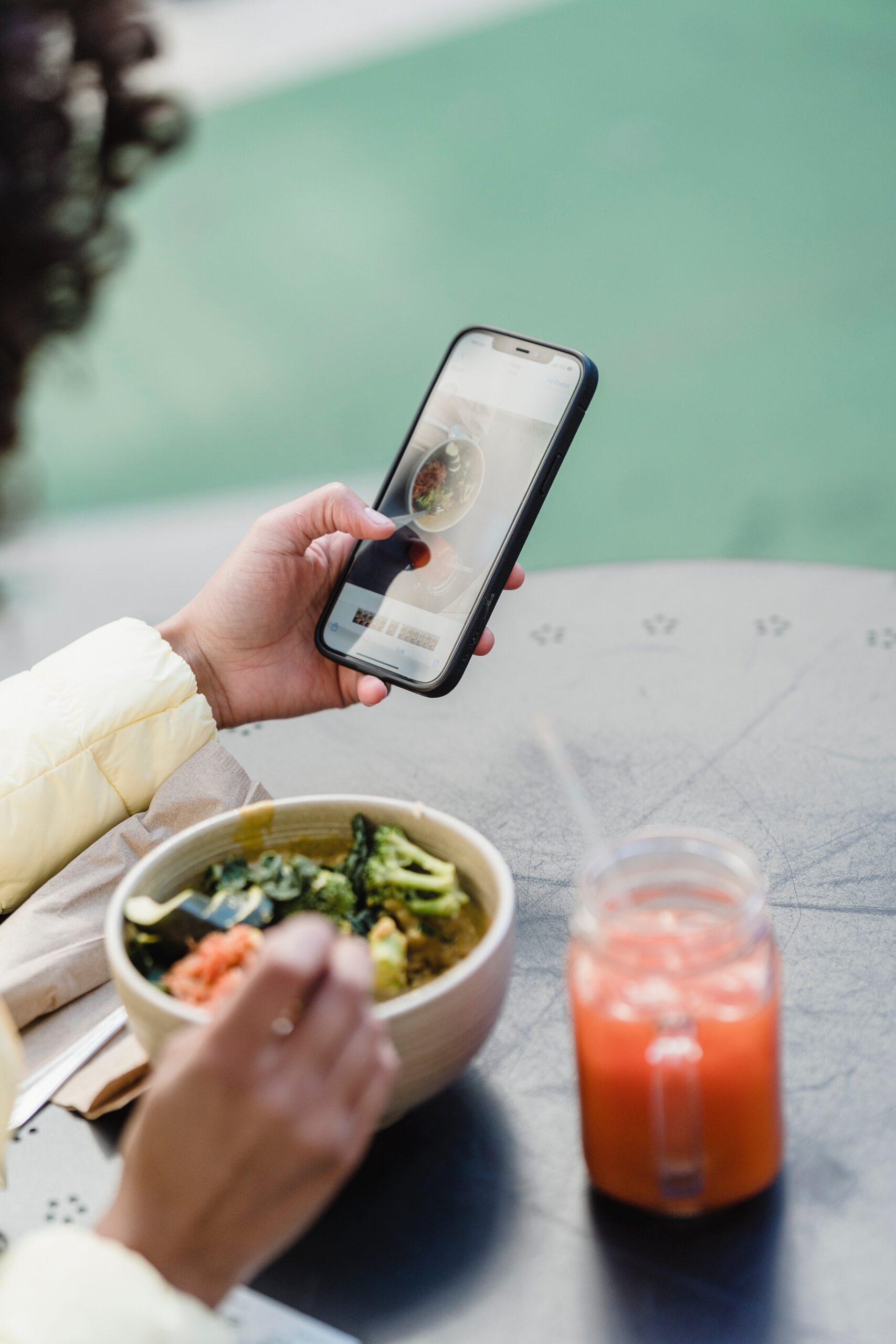
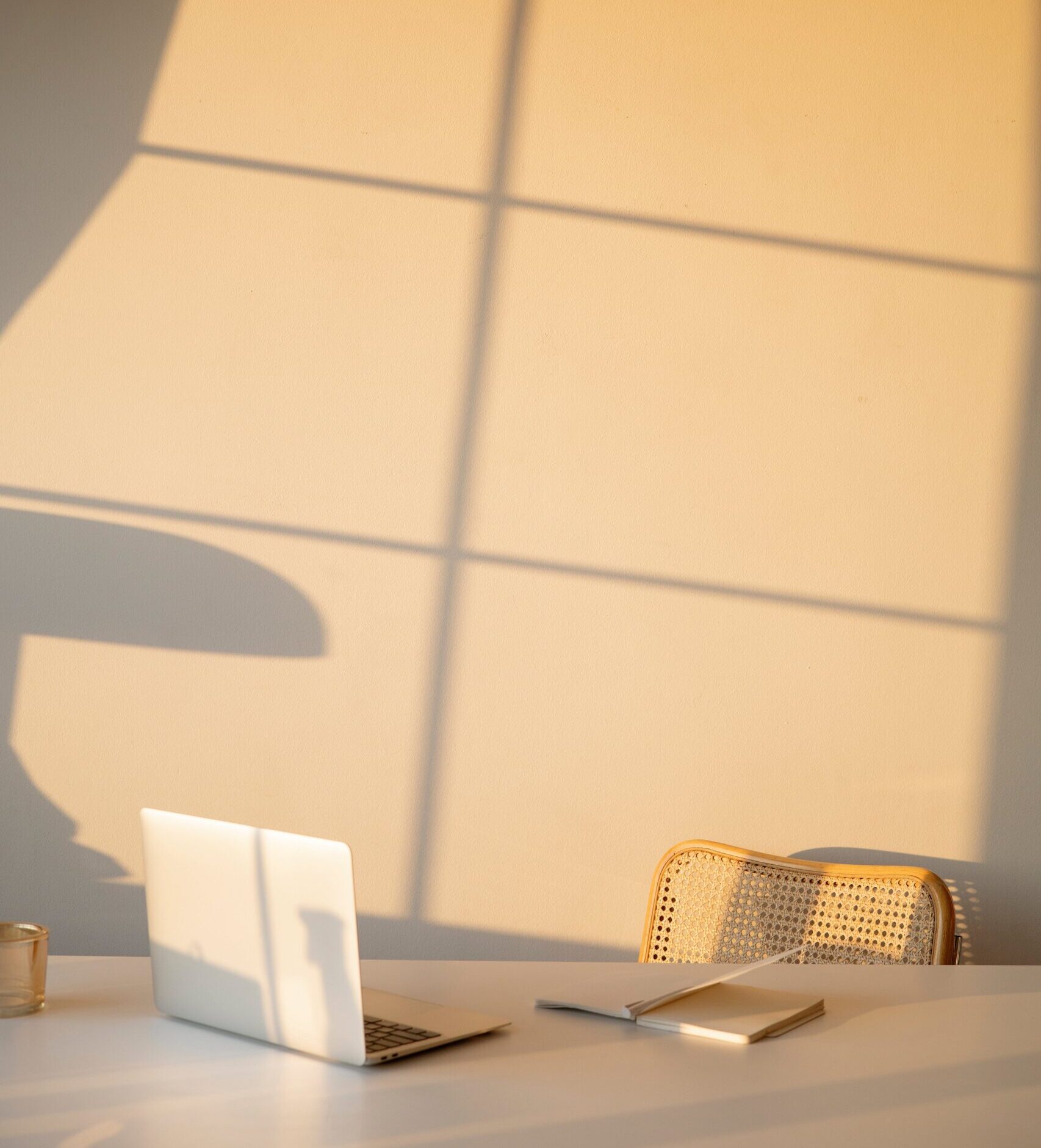
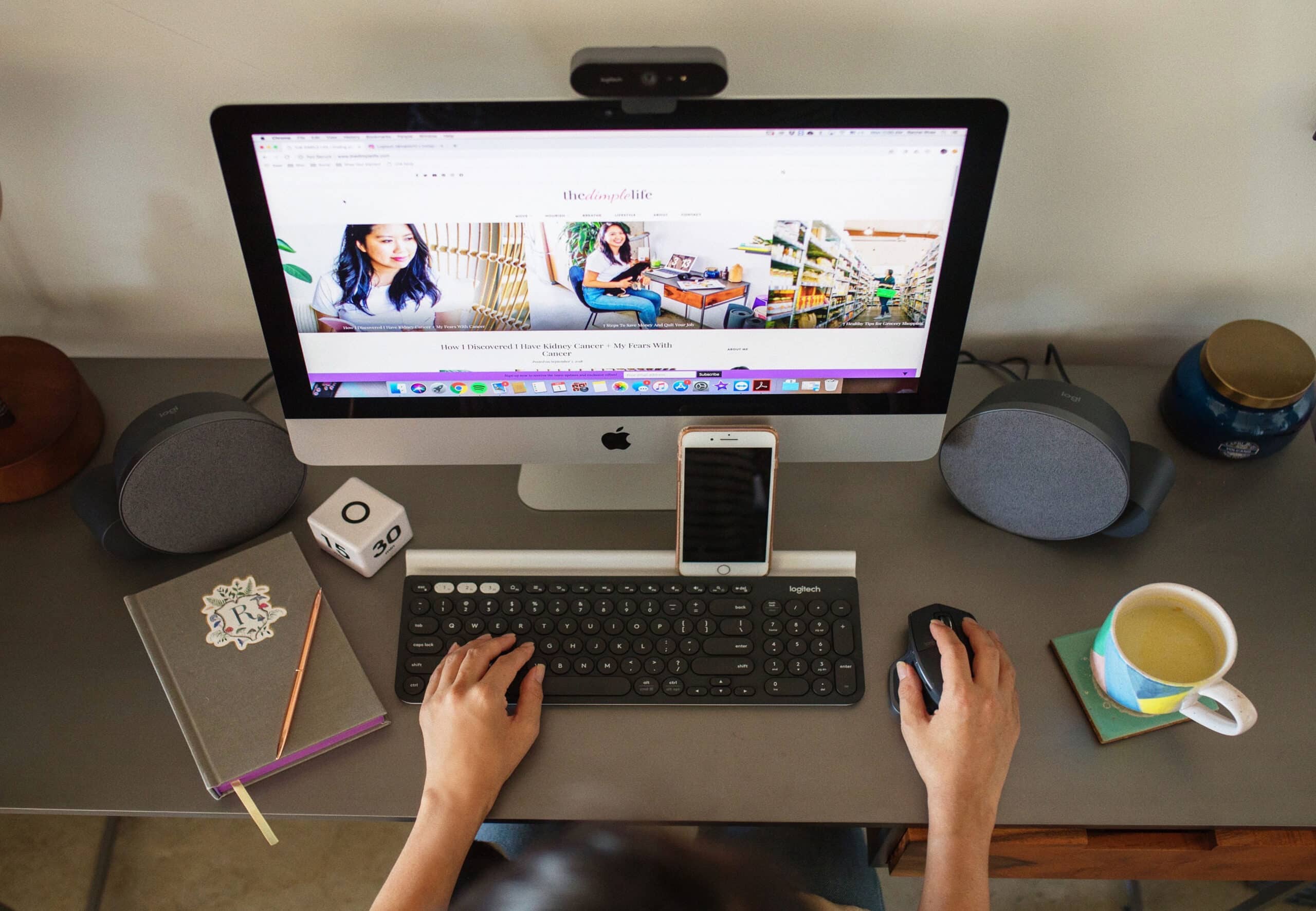

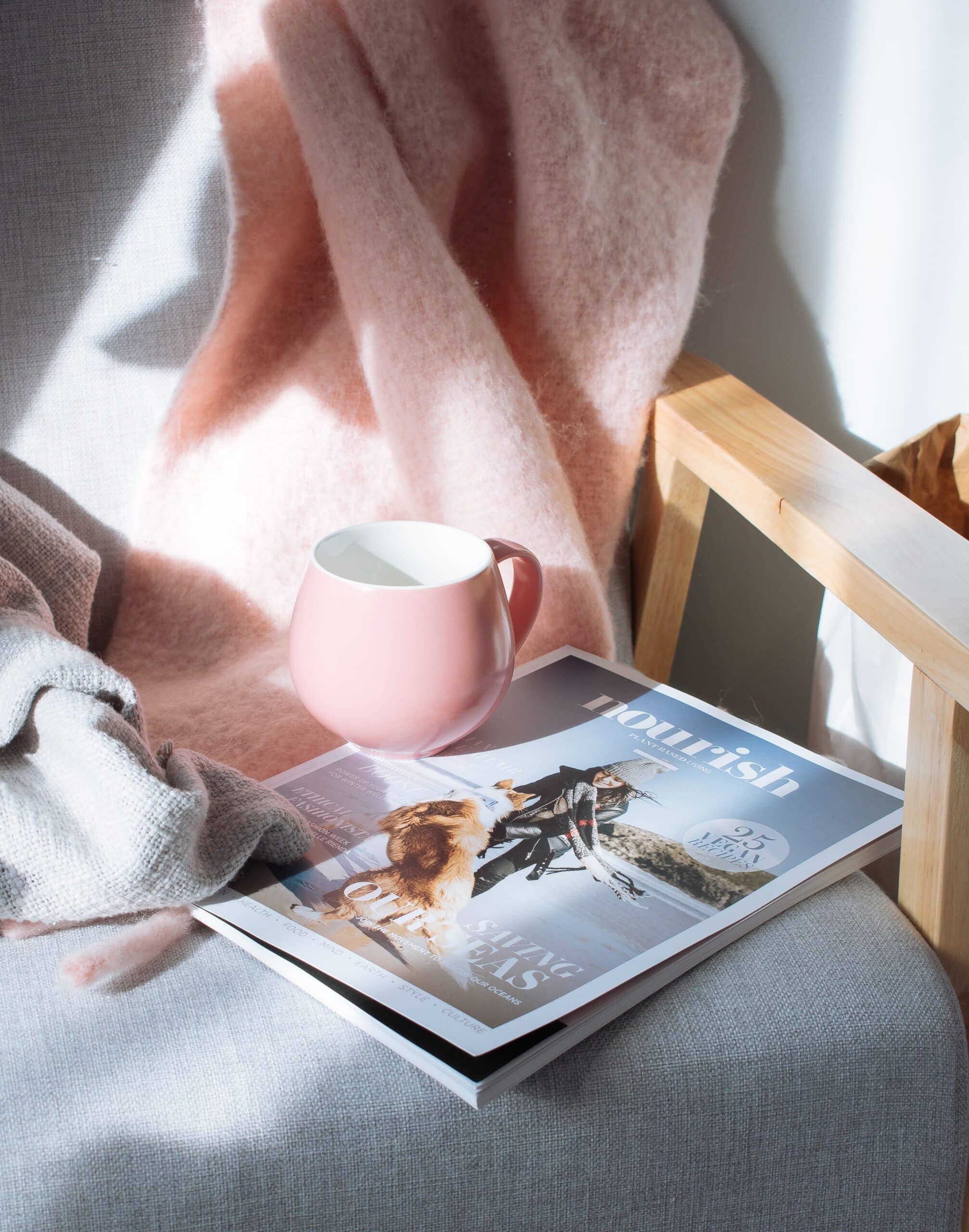
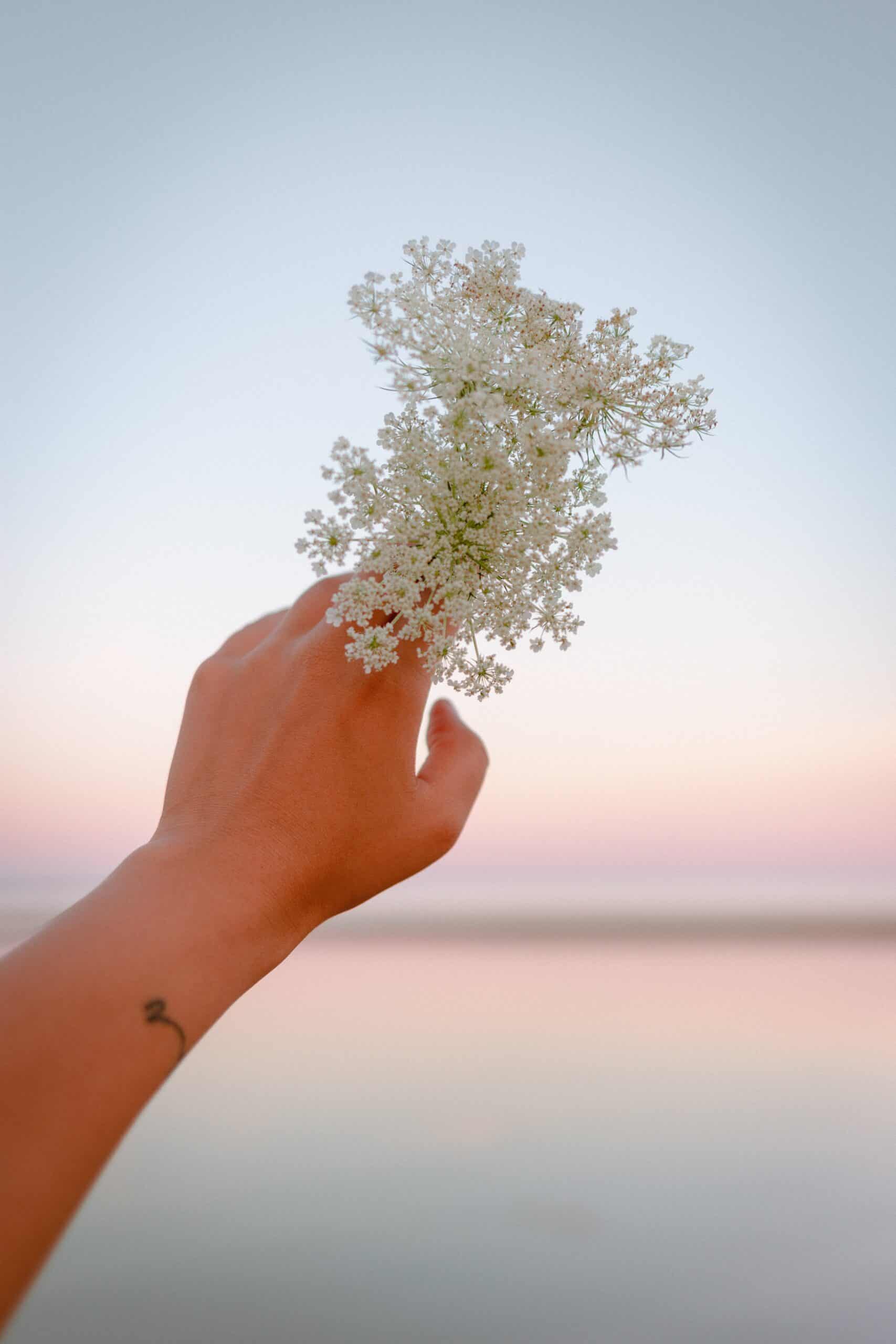
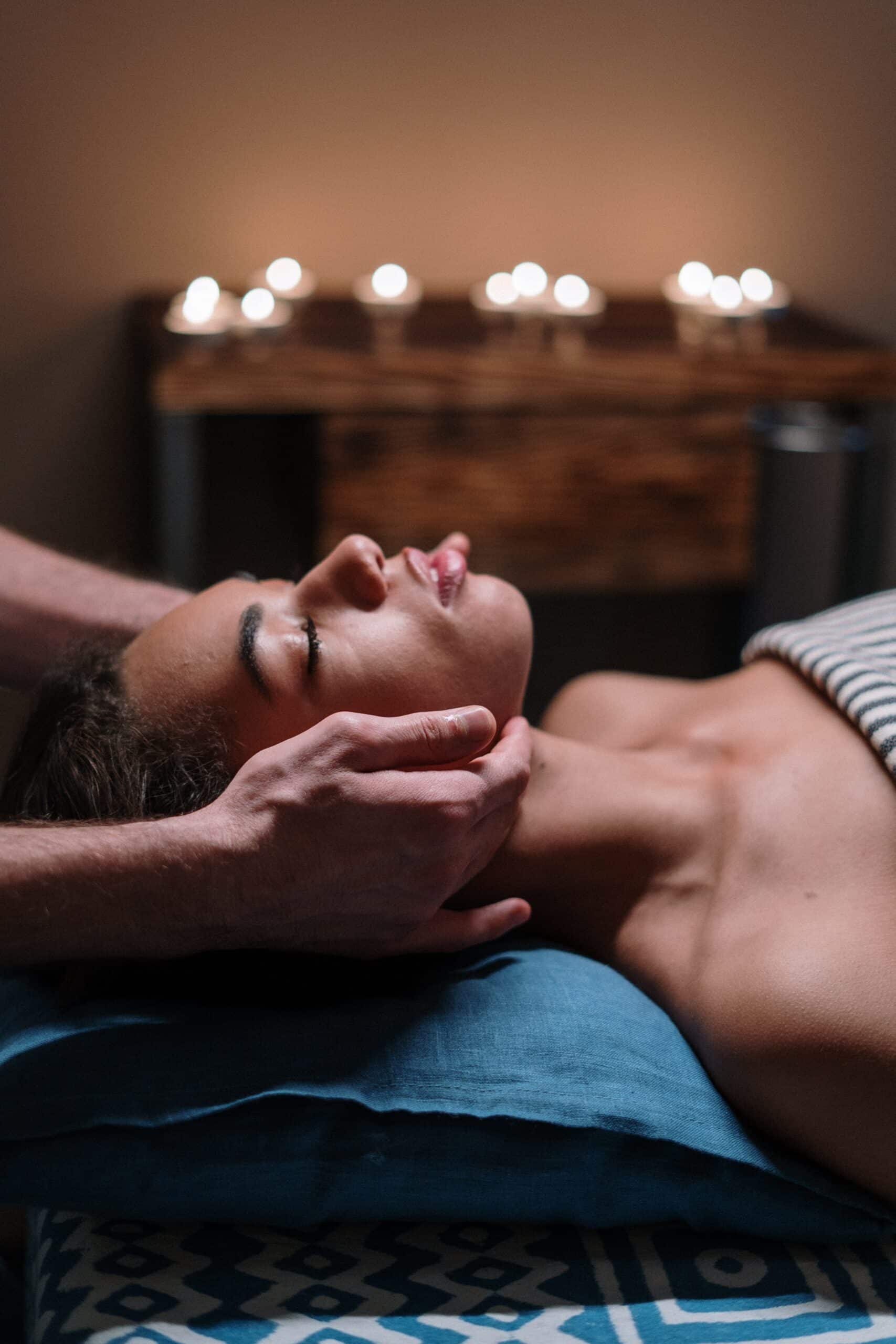
show comments